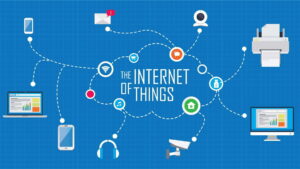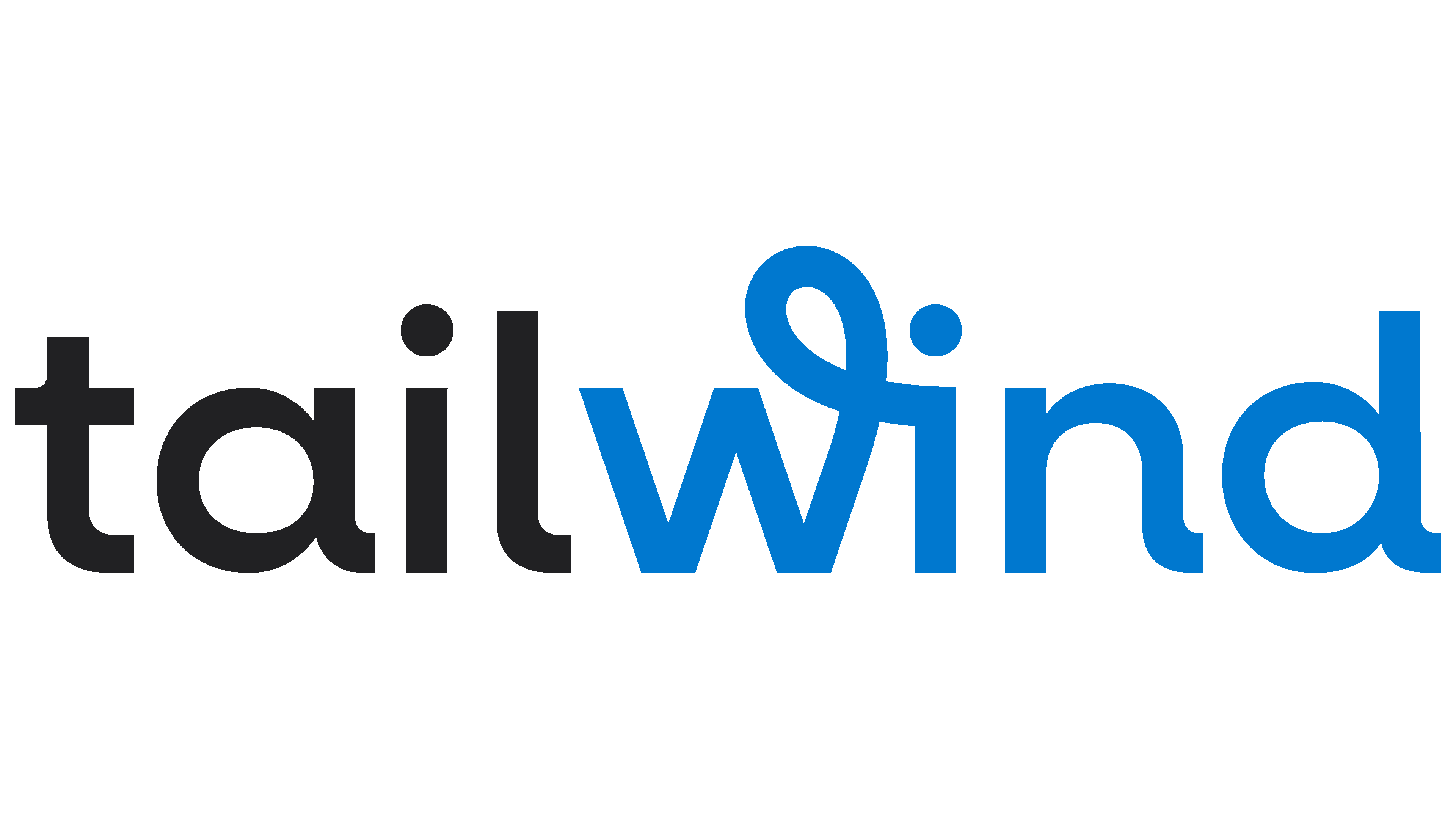Introduction to IoT and Its Impact
The Internet of Things (IoT) has emerged as a groundbreaking technology, connecting various devices and enabling them to communicate and exchange data seamlessly. From smartphones to wearables, smart homes to industrial machinery, IoT has revolutionized the way we interact with the world around us. By harnessing the power of connectivity, IoT has the potential to transform multiple aspects of our lives, leading to increased convenience, efficiency, and productivity.
Smart Homes: Transforming Everyday Living
Smart homes have become one of the most visible applications of IoT in our daily lives. Connected devices like smart speakers, thermostats, lighting systems, and security cameras have made our homes more intelligent and efficient. With voice commands and smartphone apps, we can control and automate various aspects of our living spaces. IoT-enabled home security systems allow remote monitoring, ensuring peace of mind even when we are away. Additionally, smart energy management systems help optimize energy usage, reducing costs and promoting sustainability.
Enhancing Healthcare with IoT
The healthcare industry has greatly benefited from IoT innovations. From wearable fitness trackers to remote patient monitoring devices, IoT has revolutionized healthcare by enhancing diagnostics, treatment, and patient care. Wearable devices can continuously monitor vital signs, providing real-time data to healthcare professionals and enabling early detection of potential health issues. IoT-powered telemedicine platforms have made healthcare more accessible, allowing patients to consult with doctors remotely, saving time and improving efficiency. Smart medication dispensers and remote health monitoring systems have also improved medication adherence and post-operative care.
Subtitle 4: IoT in Transportation: Making Our Journeys Smoother
IoT has played a pivotal role in transforming the transportation sector. Connected vehicles equipped with IoT technology offer advanced features such as real-time navigation, predictive maintenance, and enhanced safety features. By collecting and analyzing data from various sensors, vehicles can optimize fuel efficiency, reduce emissions, and minimize traffic congestion. IoT-enabled infrastructure, such as smart traffic lights and parking systems, further contribute to smoother traffic flow and reduced travel time. Moreover, logistics and supply chain management have been streamlined through IoT, enabling real-time tracking of shipments, efficient inventory management, and improved overall logistics operations.
Industrial IoT: Transforming Businesses and Manufacturing
The advent of Industrial IoT (IIoT) has revolutionized the manufacturing sector by enhancing operational efficiency, productivity, and safety. Smart sensors embedded in machines collect real-time data, enabling predictive maintenance and reducing downtime. IoT-powered asset tracking systems optimize inventory management, ensuring timely restocking and minimizing waste. Furthermore, interconnected machinery and systems facilitate better communication and coordination among different departments, leading to streamlined workflows and improved decision-making. By harnessing the power of IoT, businesses can achieve higher levels of automation, cost reduction, and overall process optimization.
Overcoming Challenges and Ensuring Security in IoT
While IoT offers immense potential, it also presents challenges, particularly in terms of security and privacy. The sheer number of interconnected devices creates a larger attack surface, making them vulnerable to cyber threats. It is crucial to implement robust security measures, including strong encryption, secure authentication, and regular software updates. Privacy concerns also arise due to the vast amount of data collected by IoT devices. Clear data governance policies, transparent data usage practices, and user consent mechanisms are essential to address these concerns and build trust among consumers.
The Future of IoT: Expanding Horizons
As technology continues to advance, the future of IoT looks promising. The integration of artificial intelligence (AI) and machine learning (ML) with IoT will enable devices to become more intelligent and autonomous. Edge computing, where data processing occurs closer to the source, will reduce latency and enhance real-time decision-making capabilities. IoT applications will extend beyond the domains of homes, healthcare, and transportation, reaching areas such as agriculture, smart cities, and environmental monitoring. Moreover, the proliferation of 5G networks will unlock new possibilities for IoT, enabling faster and more reliable connectivity.
Embracing the IoT Revolution
The Internet of Things has already made a profound impact on our lives, transforming the way we live, work, and interact with the world. Smart devices and interconnected systems have enhanced convenience, efficiency, and safety across various sectors. However, it is important to address the security and privacy challenges associated with IoT and ensure that adequate measures are in place to protect users’ data. As IoT continues to evolve and expand, embracing this technological revolution will unlock new opportunities and pave the way for a smarter and more connected future. By harnessing the power of IoT, we can shape a world where devices seamlessly collaborate, making our lives more convenient, efficient, and sustainable.



